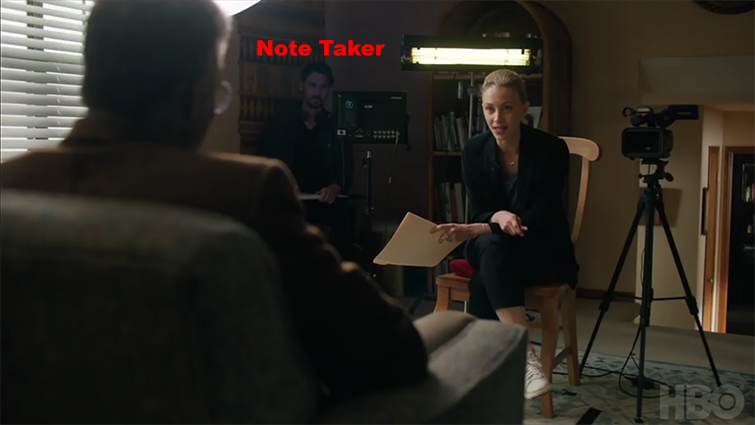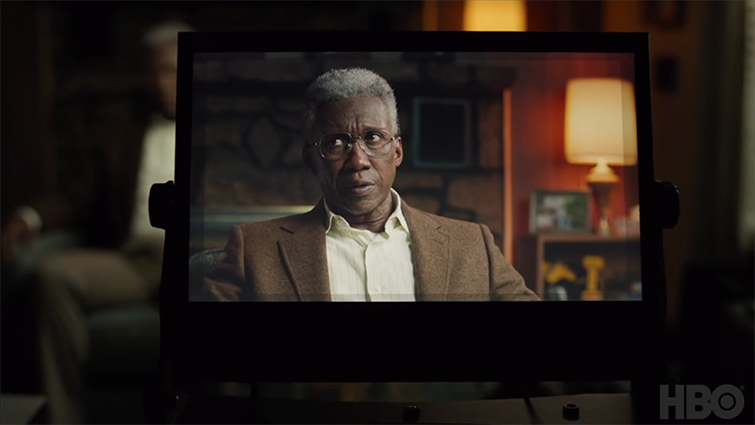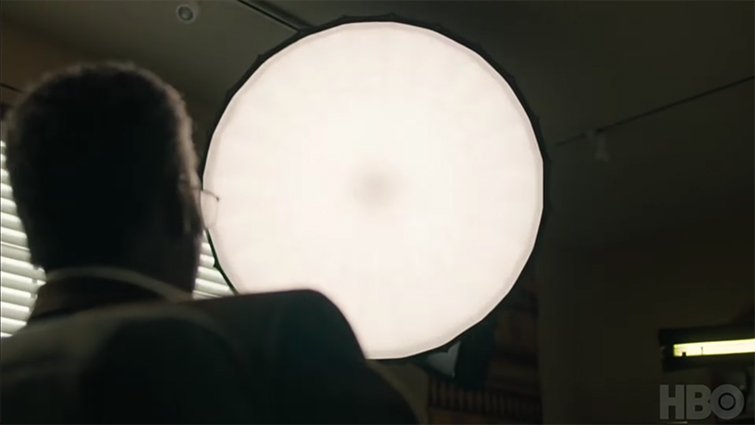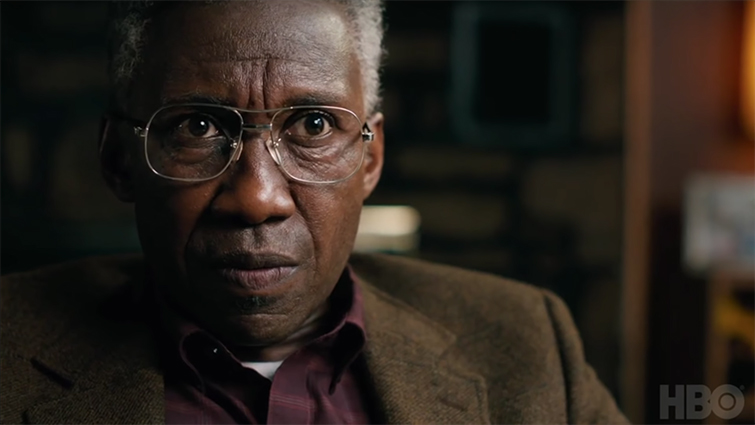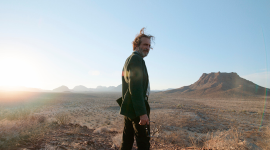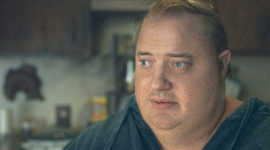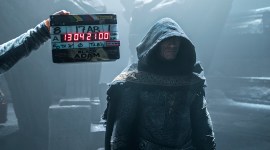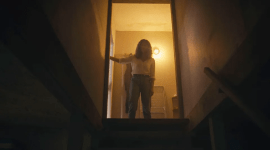
Why (and How) You Should Take Notes During Interviews
How do you conduct the most effective interview? The most important trick for capturing quality video interviews isn’t in-camera — it’s the notes you take.
I recently started watching the third season of True Detective on HBO. If you’ve seen any of the show, you’ll know that one thematic variable that remains constant through the anthologized show is the use of filmed depositions.
Well, without giving any spoilers away, season three takes it a step further and introduces a Netflix-style unsolved crime documentary crew to the narrative. And, as a documentary filmmaker and video content producer, I was very excited to see that this fictional documentary crew included one of the most important roles on set…
The note taker.
If you’ve done documentary or client interview style shoots before, you may have used a designated note taker on set. If you have, you should know how important they can be. But if you haven’t, I highly recommend assigning someone to this role. Here are some quick tips for both why and how you should take quality notes on interview shoots.
Full Name, Title, Role
Ideally, you should know these three details before you go into an interview shoot, but that’s not always the case. It also never hurts to double check titles and name spellings, as well as to make sure that specific roles can be defined by the subject — perhaps not by whoever was passing you the information.
Note Taking Tip: Make a separate page (or document) for every interview. In addition to including (at the top) the full name, title, and role, also add the time and date of the interview shoot. Then fill in the rest of your notes on those pages (or documents) for review later.
Have Your Questions Ready
Your best option for quality interview shoots would require at least one interviewer (perhaps a producer or director), with a separate person in the role of note taker. This will help for a couple of reasons. One, it will free your interviewer up to stay connected and engaged with the subject, without looking down at paper or laptop to write notes. However, it will also allow your note taker to fully focus on writing the best and most helpful observations.
Note Taking Tip: Like a concert set list, make sure both the interviewer and the note taker are on the same page. Start with a list of questions laid out in the same order. Yes, you can improvise along the way, but having a solid interview script (more on scripting your interviews here) will help keep everyone on the same page.
Good Answers, Bad Answers
One thing a note taker is looking for is the ability to recognize “good answers” from “bad answers.” And, while these are subjective takes for sure, having a rough idea of the good and the bad will be very valuable for post-interview reviews, B-roll planning, and notes for your editors.
Note Taking Tip: Focus on the good more than on the bad. When you hear some quality answers and soundbites, take these down — either bolded or in all caps — to have them pop off the page when you look back at your notes. Usually, every interview has a few “home run” quotes that you’ll want to make sure you don’t forget.
New Threads and Questions
This is where note taking might be at its most valuable — when you start to improvise. The interviewer should be the one listening for any compelling follow-up or “off-script” questions to ask next. However, once a new thread is started, the note taking becomes even more important.
Note Taking Tip: When a new thread begins, it can be helpful to either physically turn to a new page — or if on a laptop, make a stylized change either to italics or a different font — to keep this new thread information completely separate and easy to find when reviewing.
Thematic Cues and B-Roll Spots
The ideal person to act as note taker is usually either a producer or editor. They might have insights into the bigger picture of the project, and how this interview will fit into the overarching narrative. If you haven’t shot your B-roll for your project yet, this is a good place to start freeforming some ideas and notes concerning what shots might look good with what soundbites (or vice versa, if you already have some captured and done).
Note Taking Tip: When you go into your interview, have a side list ready of either your B-roll (which has already been shot), or your rough ideas of B-roll you’re looking to get. Or, if not B-roll, stock footage or graphics, etc. When you hear good soundbites that might fit, make those notes on your B-roll list.
Start and Stop Times
And finally, the designated note taker should be responsible for the hours, minutes, and dates of the interview sessions. It may sound slightly unnecessary to take meticulous notes of times, dates, and subjects. But, if you’ve ever been scrambling in an edit to find something last minute, having clearly detailed and organized files can be a huge help.
Note Taking Tip: If you really want your producers and editors to love you, when you finish an interview session, check the files recorded on your camera(s), and make notes of the file names for each corresponding interview. Include those on your notes pages.
All images via True Detective (HBO).
For more interview and B-roll filmmaking tips and tricks, check out some of these resources below.


